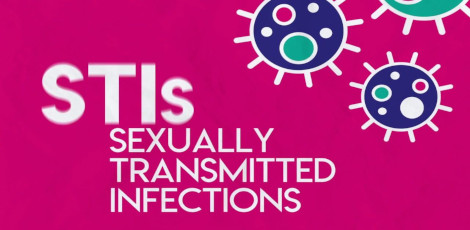
Do you know women are more prone to contract sexually transmitted diseases or STDs when compared to men?
There are certain biological, cultural and societal factors that would make a woman get STD easier than men. The pathogens would be able to enter into women much easier and that is due to the moist environment and delicate tissues of vagina and cervix etc.
Sometimes, when a woman contracts STI or sexually transmitted infections, then she would have more asymptomatic symptoms. As a result, a woman would not be able to recognise her symptoms and get treatment at the correct time. It is important to note that in heterosexual relationships a woman could get STDs easier from men when compared to the other way around.
The genital fluids in men would transmit the STDs much easier. It is noteworthy that social and cultural factors also play a huge role for women being more prone for STDs. The factors are inequality in power dynamics, social stigma, limited access to healthcare and education plus economic dependency, lack of control over sexual decisions etc.
There are few examples of STD in women such as syphilis, gonorrhoea, herpes etc
Various signs of STDs in women are
Unusual discharge:
It must be taken into note that any colour changes, consistency, smell of vaginal discharge etc could be a sign of STDs.
Itching or irritation etc:
The presence of STD in women is also indicated by itching or irritation in the genital parts.
Pain during urination:
Sometimes, a woman might experience pain while urinating. This could be due to STD.
Pain during sexual activity:
If a woman experience pain during sexual activity, then there are chances that she might have an STD.
Abnormal vaginal bleeding:
When a woman gets bleeding outside her menstrual cycle, then she might have contracted STD. In that case, she must consult a gynaecologist.
Sores, warts etc present around genital parts:
If warts, sores and bumps etc are present near to the genital area, then the woman might have got an STSTD.
Presence of lower abdominal pain:
It must be noted that certain STD`s like PID or pelvic inflammatory disease could lead to lower abdominal pain.


